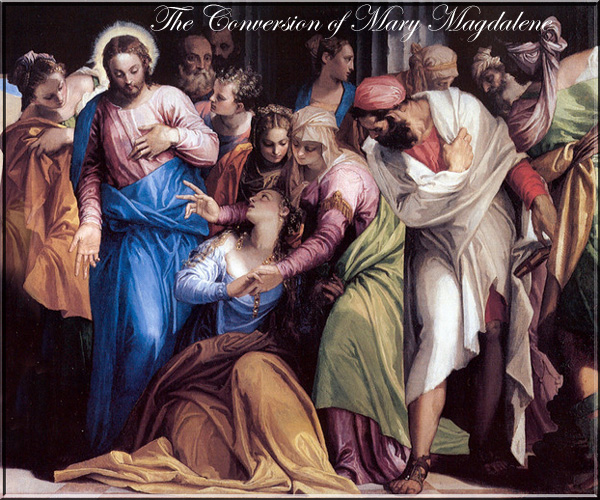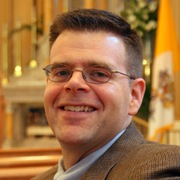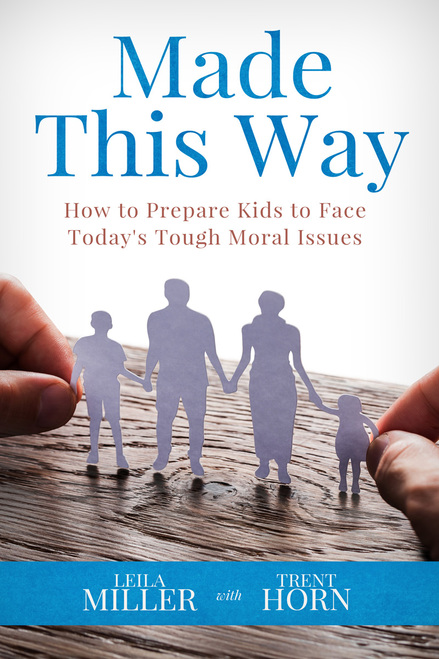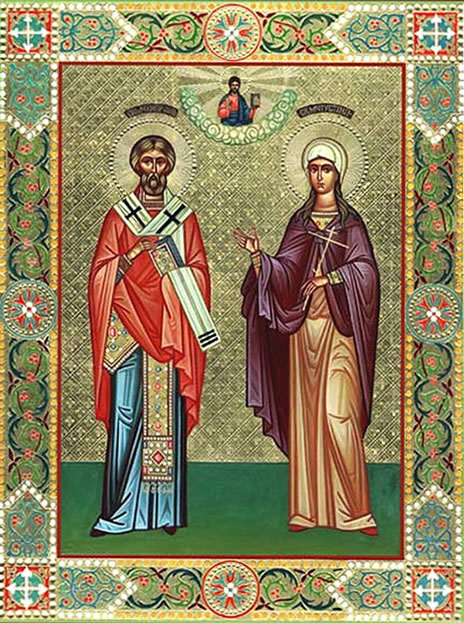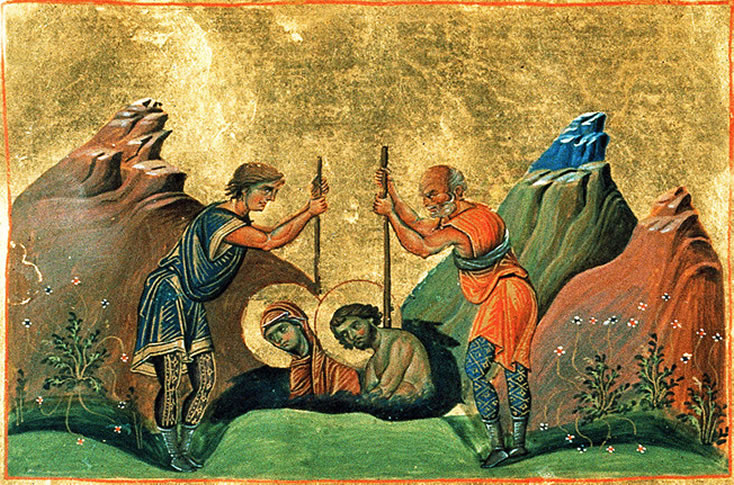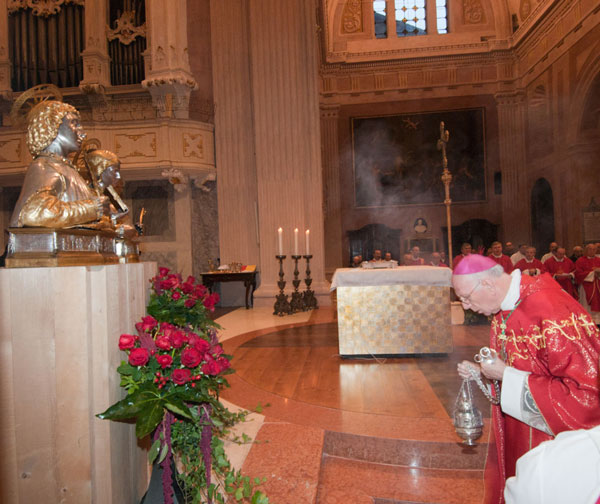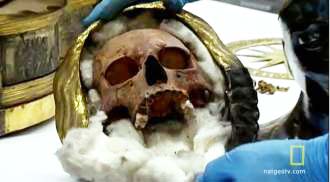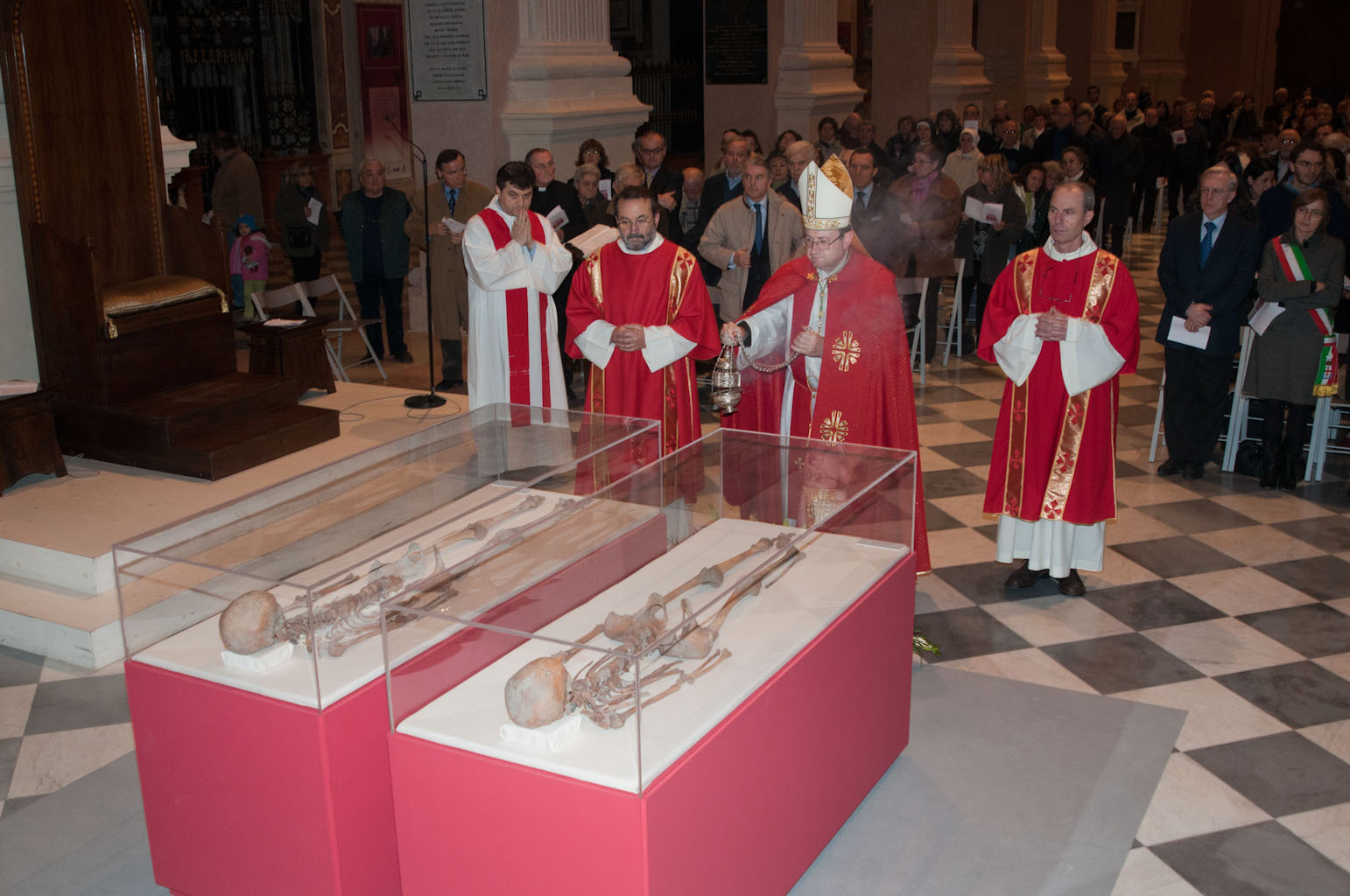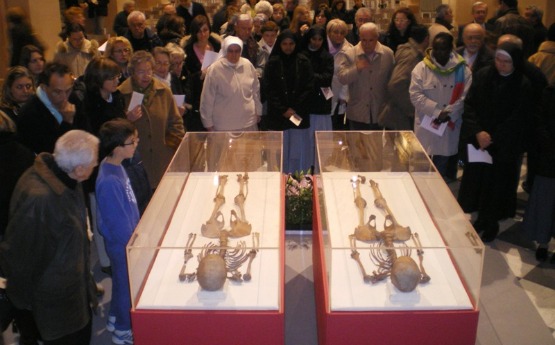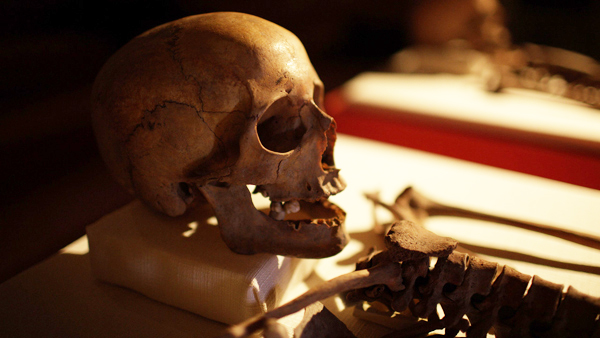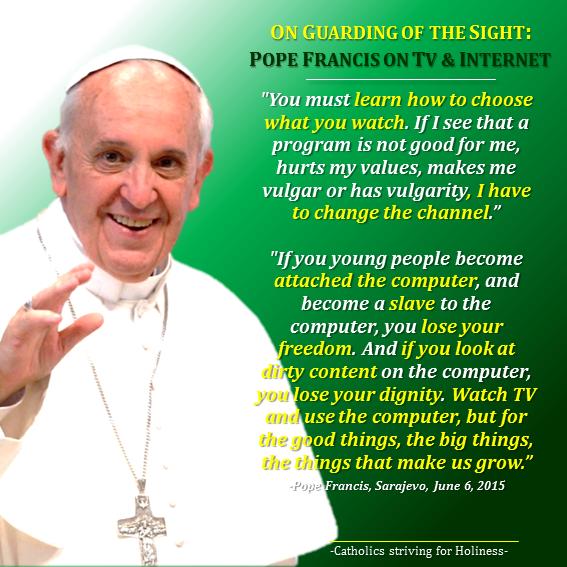
Left to right: German Cardinal Walter Brandmüller, Guinean Cardinal Robert Sarah, Mexican Cardinal Juan Sandoval Íñiguez, American Cardinal Raymond Burke, and Chinese Cardinal Zen Ze-Kiun.
Listening to the Vatican, internal Catholic Church communication, is an art, requiring much experience and sensitivity to foreign languages and cultures. It is not an easy do. I am the poorest and most ignorant example of one who tries. However, here are some of the best sources I have come across in trying to understand. I hope they prove useful to you as well. The Vatican is a master of language. I do not believe there is another human counterpart. It is about nuance, not soundbite. Listen carefully, pray, let the Holy Spirit speak to you, have compassion and pray for all parties involved, sinners are we all. It is incumbent upon the Catholic to constantly inform and educate their consciences, the highest authority in the Church and for the person. Imagine the pressure and gravest of responsibilities to govern and helm the barque of Peter with the responsibility for ~1.8 billion souls with the mission to reunify and/or evangelize ~8 billion, and to show the compassion and love of Jesus Christ as well as the truth of His teachings for the last two thousand years. Listening to soundbites and headlines is equivalent to ignorance, only more sinful. Human beings, human politics, God help us! He will.
-by LUKE COPPEN
October 2, 2023 . 7:39 AM
“A group of five cardinals asked Pope Francis this summer to answer five “dubia,” or doubts, related to the synod on synodality.
The request was made public on the eve of the long-awaited gathering in Rome, which Vatican watchers say could lead to far-reaching changes in the Church.
The five dubia, presented Aug. 21 to the pope and the Vatican’s doctrine czar, posed questions about doctrinal development, same-sex blessings, the status of the synod on synodality, women priests, and the conditions for sacramental absolution.
An initial draft of the five questions — signed by the German Cardinal Walter Brandmüller, the U.S. Cardinal Raymond Burke, the Mexican Cardinal Juan Sandoval Íñiguez, the Guinean Cardinal Robert Sarah, and Hong Kong’s Cardinal Joseph Zen — was presented July 10 to Pope Francis and Cardinal Luis Ladaria Ferrer, the then prefect of the Vatican’s Dicastery for the Doctrine of the Faith.
The pope reportedly replied the next day with an extensive letter in Spanish. But according to the Italian Catholic journalist Sandro Magister, the cardinals believed that it did not answer their questions.
“Although signed by Francis, the letter displayed the writing style of his trusted theologian, the Argentine Victor Manuel Fernández, who would soon take on the new role of prefect of the dicastery for the doctrine of the faith,” Magister wrote in an Oct. 2 post on his Settimo Cielo blog.
The five cardinals then sought to reformulate the questions so that they could only be answered “yes” or “no.”
Pope Francis has not responded to the rephrased dubia more than 40 days after they were submitted, Magister said.
But in an Oct. 1 report, Rome’s Il Messaggero newspaper quoted Fernández, who formally took up the role of doctrinal prefect in September, as saying that the cardinals “obviously always have doubts, it’s a constant, you have to respect their passions though, everyone has their passion.”
Fernández, who received the cardinal’s red hat Sept. 30, reportedly added: “The pope has the freedom to respond or not, to consider whether to close a question or discuss it as will also be done at the synod, freely.”
In an Oct. 2 “Notification to Christ’s Faithful,” the five cardinals said they had decided to publish their questions ahead of the Oct. 4-29 synod on synodality so that Catholics “may not be subject to confusion, error, and discouragement but rather may pray for the universal Church and, in particular, the Roman Pontiff, that the Gospel may be taught ever more clearly and followed ever more faithfully.”
The cardinals’ first question asked whether it was possible “for the Church today to teach doctrines contrary to those she has previously taught in matters of faith and morals, whether by the Pope ‘ex cathedra’, or in the definitions of an Ecumenical Council, or in the ordinary universal magisterium of the Bishops dispersed throughout the world”.
The second said: “Is it possible that in some circumstances a pastor could bless unions between homosexual persons, thus suggesting that homosexual behavior as such would not be contrary to God’s law and the person’s journey toward God?”
This was followed by a related question asking: “Does the teaching upheld by the universal ordinary magisterium, that every sexual act outside of marriage, and in particular homosexual acts, constitutes an objectively grave sin against God’s law, regardless of the circumstances in which it takes place and the intention with which it is carried out, continue to be valid?”
The third question was: “Will the Synod of Bishops to be held in Rome, and which includes only a chosen representation of pastors and faithful, exercise, in the doctrinal or pastoral matters on which it will be called to express itself, the Supreme Authority of the Church, which belongs exclusively to the Roman Pontiff and, ‘una cum capite suo’ [‘together with its head’], to the College of Bishops.”
The fourth asked: “Could the Church in the future have the faculty to confer priestly ordination on women, thus contradicting that the exclusive reservation of this sacrament to baptized males belongs to the very substance of the Sacrament of Orders, which the Church cannot change?”
The fifth and final question said: “Can a penitent who, while admitting a sin, refuses to make, in any way, the intention not to commit it again, validly receive sacramental absolution?”
The five dubia echo a set of five questions presented to Pope Francis in 2016 regarding the interpretation of Amoris laetitia, his apostolic exhortation on love in the family, which received no response.
The 2016 dubia were presented by two of the five cardinals who signed the 2023 request for clarification — Cardinal Brandmüller and Cardinal Burke — as well as the Italian Cardinal Carlo Caffarra, who died in 2017, and the German Cardinal Joachim Meisner, who died the same year.
The Vatican released the pope’s eight-page response in Spanish to the initial dubia following their publication Oct. 2. An English translation of the reply was published on Cardinal Burke’s official website.
In the translation posted by the U.S. cardinal, Pope Francis said that the time of the synod on synodality, which is due to end in October 2024, was a period in which questions were being asked about the Church’s structure and mission.
“With great sincerity, I tell you that it is not very good to be afraid of these question marks and questions,” the pope wrote. “The Lord Jesus, who promised Peter and his successors indefectible assistance in the task of caring for the holy people of God, will help us, also thanks to this synod, to keep ourselves always more in constant dialogue with the men and women of our time and in total fidelity to the Holy Gospel.”
“However, although it does not always seem prudent to me to respond to the questions addressed directly to me (because it would be impossible to answer them all), in this case I think it is suitable to do so because of the closeness of the synod.”
The response addressed the five July dubia one by one, beginning with the first question, “about the claim that we should reinterpret Divine Revelation according to the cultural and anthropological changes in vogue.”
The pope offered an eight-part reply, which began: “The answer depends on the meaning you give to the word ‘reinterpret.’ If you mean ‘interpret better,’ the expression is valid.”
It continued, citing the Vatican II document Dei Verbum: “In this sense, the Second Vatican Council stated that it is necessary that the work of the exegetes — I would add of theologians — ‘may help the Church to form a firmer judgment.’”
In response to the second question, on “the claim that the widespread practice of the blessing of same-sex unions would be in accord with Revelation and the Magisterium,” the pope wrote: “The Church has a very clear conception of marriage: an exclusive, stable, and indissoluble union between a man and a woman, naturally open to the generation of children. She calls ‘marriage’ only such a union.”
He went on: “This is why the Church avoids any kind of rite or sacramental that could contradict this conviction and imply that something which is not marriage is recognized as marriage.”
“In dealing with persons, however, we must not lose the pastoral charity that must permeate all our decisions and attitudes. The defense of the objective truth is not the only expression of this charity which is also made of kindness, patience, understanding, tenderness, and encouragement. Therefore, we cannot make ourselves into judges who only deny, reject, exclude.”
“Pastoral prudence must therefore properly discern whether there are forms of blessing, requested by one or more people, that do not convey a misconception of marriage. Because, when a blessing is requested, it is a request for help from God, a plea to be able to live better, a trust in a Father who can help us to live better.”
Concluding his answer with reference to his 2016 apostolic exhortation Amoris laetitia, the pope said: “Decisions that may be part of pastoral prudence in certain circumstances need not be transformed into a norm. In other words, it is not appropriate for a diocese, a conference of bishops, or any other ecclesial structure to authorize constantly and officially procedures or rules for every type of affair, since everything that ‘is part of a practical discernment in particular circumstances cannot be elevated to the level of a rule’ since this ‘would … lead to an intolerable casuistry.’”
“Canon law should not and cannot cover everything, nor can conferences of bishops pretend to do so with their various documents and protocols, because the life of the Church runs through many channels besides the normative ones.”
Responding the third question, about whether synodality is a “constitutive element of the Church,” the pope wrote: “As you well recognize that the supreme and full authority of the Church is exercised either by the pope in virtue of his office or by the college of bishops together with its head, the Roman pontiff … nevertheless, with these dubia, you yourselves manifest your need to participate, to give freely your opinion and to collaborate, and thus claim some form of ‘synodality’ in the exercise of my ministry.”
He went on: “The Church is a ‘mystery of missionary communion,’ but this communion is not only affective or ethereal, but necessarily implies real participation: that not only the hierarchy, but all the People of God, in different ways and at different levels, can make their voices heard and feel part of the Church’s journey. In this sense we can indeed say that synodality, as a style and dynamism, is an essential dimension of the life of the Church.”
But he said this was this quite different from trying “to sacralize or impose a particular synodal methodology that one group likes, to make it the norm and the obligatory channel for all.”
Replying to the fourth question, about a belief among pastors and theologians that priestly ordination can be conferred on women as the Church’s theology has changed, the pope stressed that “when St. John Paul II taught that the impossibility of conferring priestly ordination on women must be affirmed ‘in a definitive manner,’ he was in no way denigrating women and giving a supreme power to men.”
Referring to Pope John Paul II’s 1994 apostolic letter Ordinatio sacerdotalis, Francis added: “On the other hand, to be rigorous, we should recognize that a clear and authoritative doctrine on the exact nature of a ‘definitive statement’ has not yet been fully developed. It is not a dogmatic definition and yet it must be complied with by all. No one can publicly contradict it and nevertheless it can be the object of study, as in the case of the validity of ordinations in the Anglican Communion.”
In answer to the fifth question, about whether repentance is a necessary condition for sacramental absolution, Pope Francis wrote: “Repentance is necessary for the validity of sacramental absolution and implies the intention not to sin. But there is no mathematics here, and once again I must remind you that the confessional is not a customs house.”
“We are not masters, but humble stewards of the sacraments that nourish the faithful, for these gifts of the Lord, rather than relics to be guarded, are aids of the Holy Spirit for the life of persons.”
“There are many ways of expressing repentance. Often, in people with a very wounded self-esteem, to declare themselves guilty is a cruel torture, but the very fact of approaching confession is a symbolic expression of repentance and of the search of divine help.”
-by JD FLYNN
October 3, 2023 . 3:51 AM
Pope Francis, the Church learned Monday, answered the dubia.
Not — to be clear — the questions posed to him after the 2016 publication of Amoris laetitia — questions so long unanswered that “answer the dubia” has become a meme in some Catholic circles.
But the pope answered this summer another set of dubia — questions asked and answered back in July, pertaining to the synod on synodality, and released Monday in a kind of piecemeal fashion, with two sets of questions asked by five cardinals first reported by Italian journalist Sandro Magister, and then the Vatican taking the unusual step of releasing the pope’s answers to the first set of questions.
When he did so, the pope set off international headlines — and a great deal of controversy — regarding the prospect that he might permit the liturgical blessing of same-sex couples.
Of course, it’s a matter of debate whether Francis actually said something to merit that speculation. But on this issue, it’s worth looking beyond what Francis has said, to what he has done, and what he has chosen not to do.
There is a lot contained in the pope’s dubia responsa, with the answers to five questions spread across eight pages in the original Spanish. And while much of what the pontiff said he has said before, there will be debate over several topics addressed in the text — and debate over the dubia themselves, and what exactly the cardinals meant to accomplish by asking the pontiff questions and then, unsatisfied with his answers, rephrasing the questions and asking them again.
But the biggest headline to emerge from the story is the notion — repeated in both the Catholic and secular press — that Pope Francis has approved the prospect of “blessing” same-sex couples, signaled “openness” on the subject, or, as one newspaper put it, “softened” the Church’s “ban” on the practice.
The story came from language in the pope’s July 11 letter, published by the Vatican. In response to a question about whether it is possible for the Church to consider same-sex unions as “possible goods,” the pope wrote several paragraphs which emphasized that there are relationships — presumably same-sex relationships among them — which are “not morally acceptable.”
The pope added that “the Church avoids any kind of rite or sacramental that could contradict” its doctrine regarding marriage, or “give the impression that something that is not marriage is recognized.”
Still, Pope Francis also allowed for the possibility that some kind of blessing could be conferred on one or more Catholics in “not-marriage” unions.
“Pastoral prudence must adequately discern whether there are forms of blessing, requested by one or more persons, that do not transmit a mistaken conception of marriage. Because when a blessing is requested, one is expressing a request for help from God, a plea to be able to live better, a trust in a Father who can help us to live better.”
In short, the pope seemed to say, when people in an irregular union — perhaps a same-sex union — come to the parish for a blessing, it is worth discerning what they’re really asking for, and whether there is some way the Church can respond to that, even while avoiding the appearance of a nuptial blessing.
That idea got framed as a “softening” or an “openness” to the blessing of same-sex unions, and controversy erupted on Monday, across media outlets, among the commentariat, and across social media.
To some, the pope’s language is not entirely different from what the DDF said on the subject in 2021.
But some Catholics say the devil is in the differences — and that some small differences should be taken very seriously.
In 2021, the DDF, with Francis’ approval, clarified that it is not possible for the Church to bless same-sex unions, because God “does not and cannot bless sin.”
That clarification — which also came in response to a dubium — was widely seen as a surprisingly conservative move in the Francis papacy, hailed by many orthodox Catholics, and maligned by Catholics hoping that Francis would usher in change to the Church’s doctrine on homosexuality.
But while it prohibited liturgical blessings of same-sex couples, the DDF statement also affirmed that the prohibition on nuptial blessings did not preclude the possibility of “blessings given to individual persons with homosexual inclinations, who manifest the will to live in fidelity to the revealed plans of God as proposed by Church teaching.”
Some observers note that while the 2021 statement spoke about “individuals,” the 2023 responsa spoke about “one or more persons.”
And while the 2021 statement “declare[d] illicit any form of blessing that tends to acknowledge [same-sex] unions as such,” the 2023 statement made no such proviso.
Still, some argue that Francis didn’t rescind the 2021 statement — which was published with his explicit approval — and that the 2023 statement, and its seemingly limitless possibilities, are actually curtailed by the DDF statement — that the 2023 text should be read in light of the earlier statement on the subject, which could be understood as a kind of limiting principle.
But for some Catholics, Francis seemed to be broadening the scope of possible blessing well beyond the 2021 statement, allowing for the possibility that self-identified gay couples might receive together a kind of blessing that would, in some ways, resemble marriage — despite the pope’s explicit prohibitions of that possibility.
One observer called such a possibility “nuclear,” and others have pointed out that Francis risks an actual schism — or at least a concerted pushback from bishops around the world — if he adopts even a semi-official “don’t ask, don’t tell” policy on the prospect of liturgical blessings for same-sex couples.
Except, by appearances, the pope already has — at least tacitly.
Of course, only time will tell what the pontiff means about same-sex blessings in principle — his July 11 answer can be read in more than one way, and, indeed, it has been.
But in practice, it’s worth noting that Belgian bishops published last year a text allowing for a ritual blessing of same-sex couples, and the pontiff has — to date — not yet intervened.
Even while the pope’s 2023 responsa said explicitly that episcopal conferences should not produce such ritual texts, the pope has not intervened to stop the Belgian bishops from publishing one, stepped in after a German bishop said last month that he would not penally sanction priests who offer liturgical blessings to gay couples, or addressed a kind of protest-blessing performed by priests for gay couples in the cathedral plaza in Cologne.
That might be the point on which everyone can agree — that regardless of whether the pope’s July 11 letter was permissive or restrictive on same-sex blessings in principle, the pontiff himself has already been at least passively permissive on the subject in practice, without any public response to the European dioceses where the practice is quickly becoming enshrined as a matter of course.
While Catholics argue over whether Francis made his policy of toleration explicit in the July letter, it might not actually matter much.
Despite the scandal of official tolerance, or published ritual texts, at the diocesan and episcopal conference level, Francis seems content to work behind the scenes on episcopal discipline — if he is working at all — with no public statement on the decisions in Belgium and Germany.
In fact, few serious observers in the Church have expected that any clarity will come on orthopraxy regarding same-sex liturgical blessings until after a future conclave — Pope Francis does not seem inclined to address the pragmatic realities of bishops who are ignoring Vatican directives on the subject.
After the dubia — and the responsa heard round the world — most Catholics will be looking to the synod on synodality, to see whether Pope Francis will signal again more openness to the prospect of liturgical blessings for same-sex couples.
The pope likely won’t. And while he might be asked about it on his next airplane trip, and he might offer more reflections, it’s not likely they’ll be concrete. It’s most likely that when he speaks about the subject, the pope will continue to focus on welcome, and pastoral discernment, without elaborating on the clear limits that might give definition to his reflections, but making some reference to the 2021 statement when pressed.
In short, his future reflections are most likely to be vague enough to be subject to broad interpretations.
It is not clear that the decisions of Belgian bishops, and the clergy in Germany, reflect what the pope actually thinks about the issue of liturgical blessings for same-sex couples. But the pontiff is more than a theologian — he is the governor of the universal Church. And some Catholics will be looking closely in the months to come at the parishes of Flanders, and the cathedral square in Cologne.
There, the question will be not what the pope chooses to say, but what he chooses to do — if anything.”
Love and truth,
Matthew






